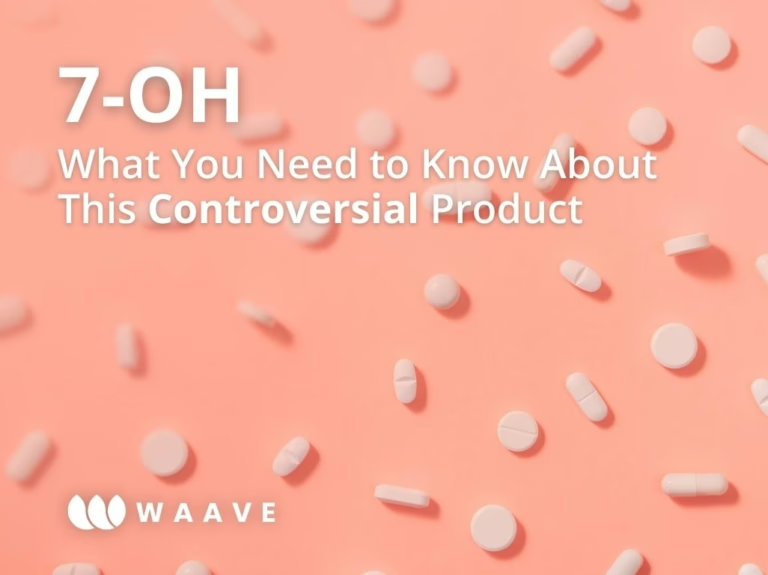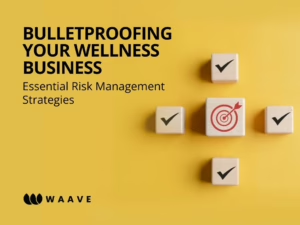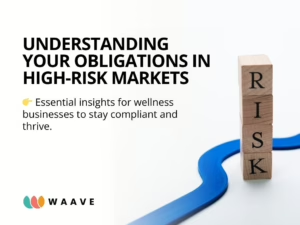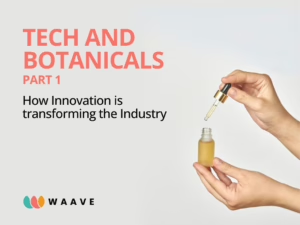The wellness industry thrives on innovation, but not all new products are created equal. One of the most contentious products making waves today is 7-hydroxy-mitragynine, or 7-OH. Though an alkaloid in kratom, 7-OH is not the same.
Here’s a closer look at what 7-OH is, why it’s raising red flags, and what it means for the future of the market.
What Is 7-OH?
7-OH is a lab-manufactured compound designed to mimic the effects of opioids. Unlike natural kratom, which has built a reputation as a traditional wellness product, 7-OH is an artificial derivative with significant differences:
- Chemical Composition: 7-OH contains lab-made components that are not naturally occurring in kratom.
- Intended Effects: The compound is engineered to enhance potency, drawing comparisons to controlled substances.
This positioning has placed 7-OH under scrutiny from regulatory bodies, consumers, and medical professionals alike.
The Regulatory Risks of 7-OH
While 7-OH is not currently banned, its opioid-like properties make it a likely target for future restrictions. Regulatory agencies tend to act swiftly against products that blur the line between wellness and controlled substances.
By associating 7-OH with kratom, there is a danger of the entire industry being swept into these regulatory crosshairs, undoing years of advocacy and progress. The kratom industry has worked hard to differentiate itself from synthetic or harmful products, and 7-OH risks undoing this effort.
Why 7-OH Is a Consumer Concern
In addition to its regulatory challenges, 7-OH presents several issues for consumers:
- Inconsistent Quality
Without standardized quality assurance, batches of 7-OH vary widely. This inconsistency leads to unpredictable effects, leaving consumers dissatisfied and, in some cases, feeling misled. - Increased Chargebacks
When consumers receive products that don’t meet expectations, disputes and chargebacks rise. This isn’t just a financial headache for merchants—it erodes trust in the entire product category. - Unclear Safety Profile
At a recent summit hosted by the American Kratom Association (AKA), medical professionals expressed concerns about 7-OH’s unknown effects, particularly when combined with other substances. This lack of research creates risks that neither consumers nor regulators are prepared to navigate.
A Threat to the Industry’s Future
At the American Kratom Association (AKA) summit in Rhode Island this past November, WAAVE’s CEO, Silvana Carpanelli-Hayes, spent two days discussing 7-OH with medical professionals and industry leaders. The consensus was clear: 7-OH is undoing the progress kratom has made toward mainstream acceptance.
Medical experts voiced concerns about the unknown risks of mixing 7-OH with other substances, further highlighting the need for more research and stricter oversight.
The largest kratom companies in the U.S. are projecting explosive growth—from $4–5 billion annually to $20 billion within two years. However, this growth is contingent on ethical practices and distancing the industry from products like 7-OH.
WAAVE’s Compliance Policy on 7-OH
To protect merchants and the broader industry, WAAVE enforces strict policies:
- Clear Distinction from Kratom
Merchants must avoid categorizing or advertising 7-OH as “kratom” on their platforms. This distinction ensures transparency for consumers and prevents confusion about the differences between natural kratom and lab-created compounds like 7-OH.
By making this separation, we help maintain the integrity of the kratom industry, which has worked diligently to establish its reputation as a natural, ethical product. - Responsible Product Naming
Products with names resembling street drugs, such as “ROXY,” will not be supported. These names can inadvertently invite negative perceptions and may raise concerns among regulators or financial institutions. Choosing thoughtful, professional branding not only protects merchants but also fosters trust with consumers. - Advocating Ethical Practices: WAAVE aligns with the AKA and encourages merchants to focus on ethical product development and transparency.
The Path Forward
The solution is clear: the industry must distance itself from 7-OH. This product needs further study to establish its safety, efficacy, and regulatory status. Until then, responsible merchants and advocates should prioritize transparency and ethics, ensuring that the kratom market remains focused on delivering safe, consistent, and natural products.
At WAAVE, we’re committed to supporting ethical merchants in navigating the challenges of selling high-risk products. By prioritizing compliance and quality, we help businesses protect their future while staying within the boundaries of the law.
Want to know more about how to run a compliant, sustainable business? Contact us today to learn how WAAVE can support your success.




